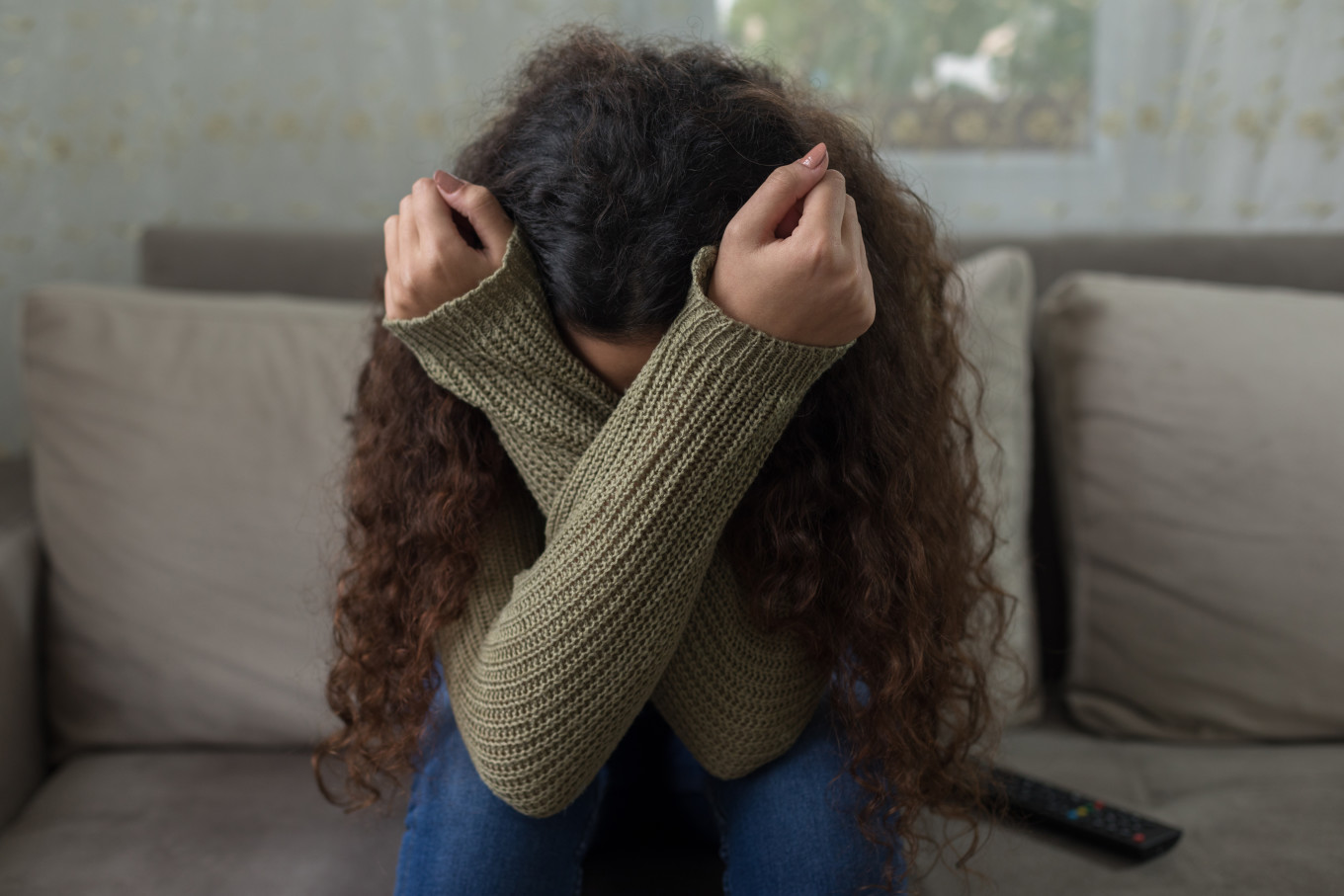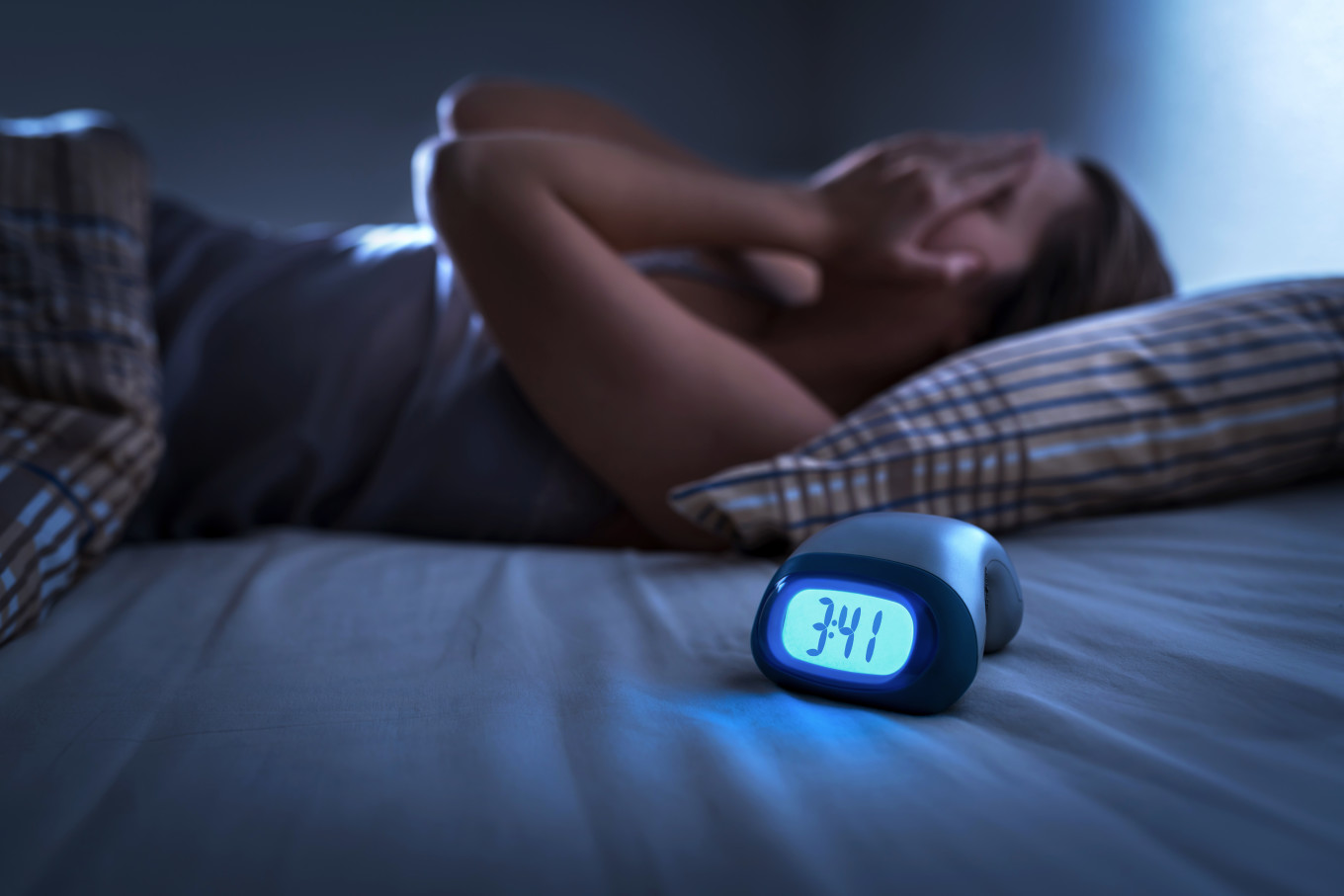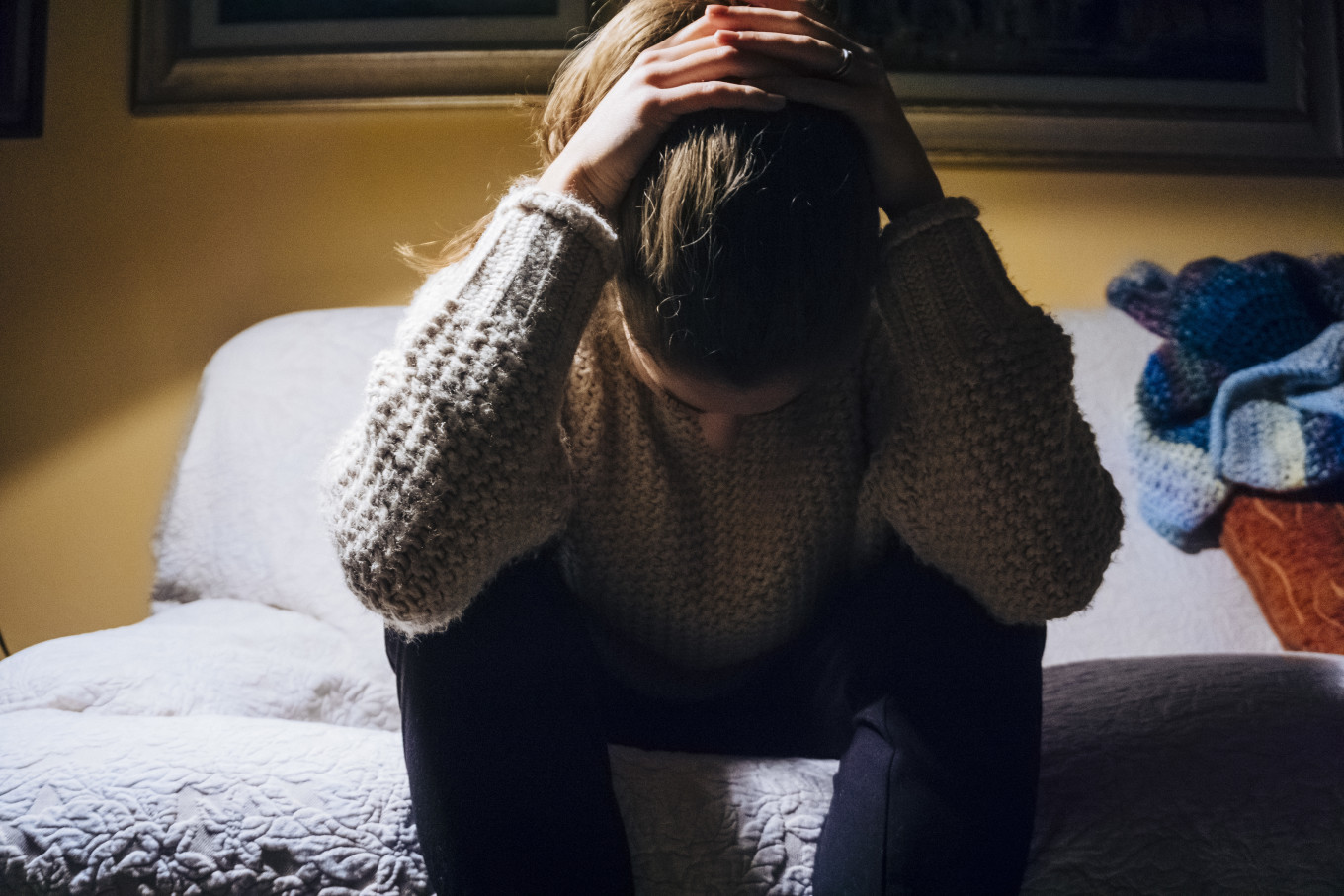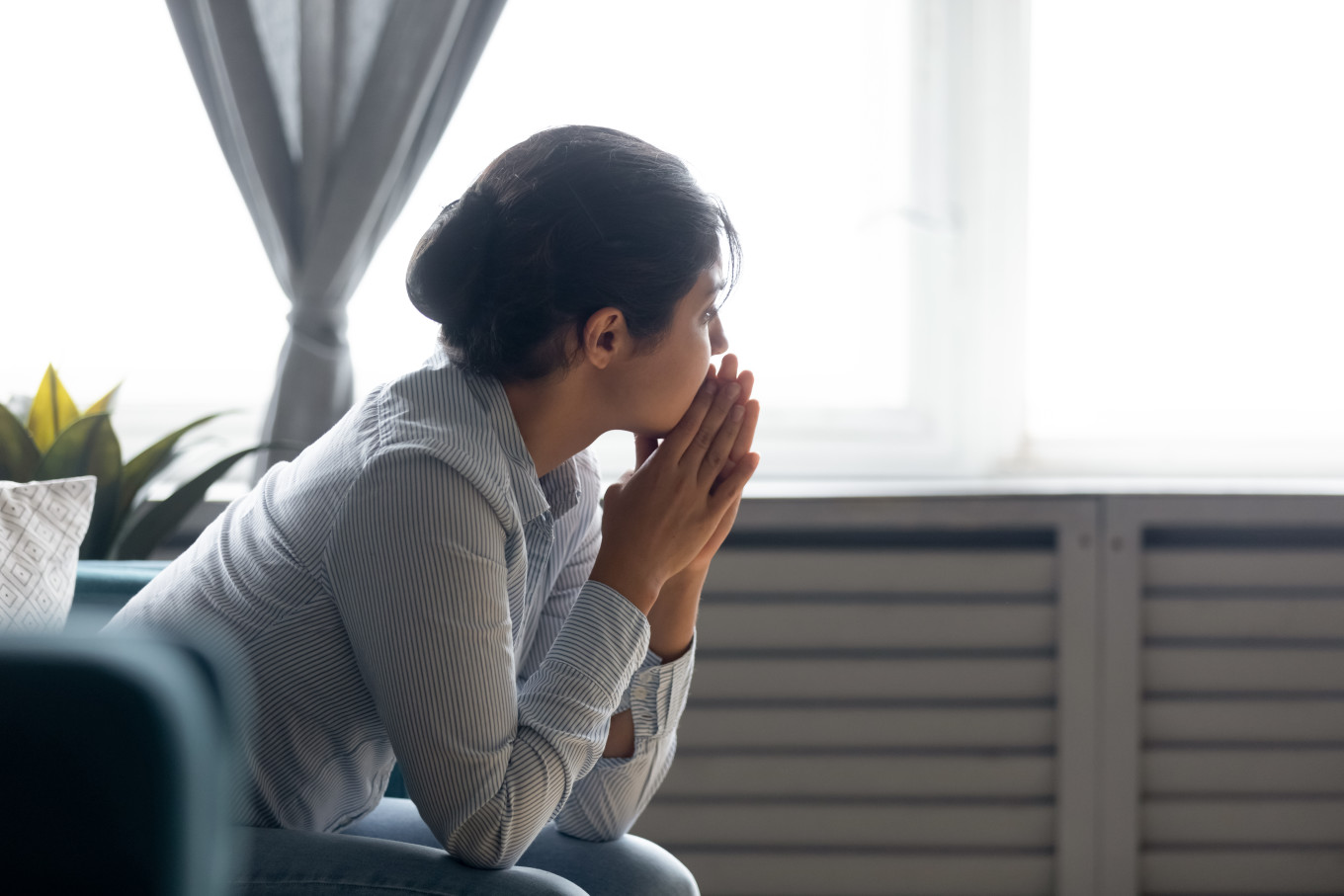
Talking about mental health can definitely be tricky. Despite the fact that mental illnesses like depression and anxiety are so common, there's still plenty of stigma around them — and the way that people choose to treat them. But now is as good a time as any to squash the stigma around mental illness, because chances are that you've faced it personally or you love someone who has, and it shouldn't be a subject that we tiptoe around anymore.
After all, mental health is health — it's just as important as physical health. And it's also important to know the signs of when someone is suffering, because that's the first step on the road to becoming healthy again. Even our own kids aren't immune to needing a little extra help in that department sometimes.
Here's what you need to know about mental health, whether you're coping with a mental illness yourself, love someone who is, or just want to learn more about how to keep your mind as healthy as possible.
Those Who Struggle Definitely Aren't Alone

If you suffer from depression, anxiety, or other illnesses, know that you're not alone. Dealing with mental health struggles is extremely common. According to the National Institute of Mental Health, nearly 1 in 5 adults have a mental illness of some kind.
Many People Take Medication for Mental Illness

There's definitely still a stigma against taking medications like antidepressants that help people manage their mental illness, but these kinds of prescriptions are also common. In fact, according to a study from the Centers for Disease Control and Prevention, around 14% of adults take antidepressants, with more women than men being prescribed the drugs.
There Are a Lot of Benefits to Therapy

Many people believe that everyone can benefit from therapy, and it's true that there are a lot of upsides, once you've found the right therapist for you. It can help give you a safe place to talk out your thoughts, worries, and fears with a totally impartial person who also happens to be a professional, and can help guide you in handling tough situations and teach you how to better cope in a healthier way.
Signs of Depression & Anxiety

There are signs of depression and anxiety that you can look out for — not just in yourself, but in the people you love, too:
- a loss of interest in your normal routine and things you once loved
- a change in sleep pattern — sleeping too much or experiencing insomnia
- increased irritability
- feelings of guilt
- a lack of energy
- a lack of appetite
Managing Mental Health Takes Trial & Error

Though some lucky people might click with the first therapist they meet or find relief with the first medication they're prescribed, it's not always that easy. If you're seeking treatment, remember that you might have to try out a few therapists before you find out the right one, and that you might have to play around with different medications and dosages before you find the one that agrees with you. It's always worth the effort, though.
Sleep Can Have a Big Affect on Mental Health

If you're not sleeping enough, chances are, it's going to affect your mental health negatively — and that goes double for new moms who are more than likely sleep deprived during an already emotional and stressful time in their lives. According to the Sleep Foundation, about 75% of people with depression also have symptoms of insomnia.
Social Media Can Be Damaging to Mental Health

As much as social media can help us stay in touch with the people we love — something that can serve as a huge boost to our moods — it's also important to be aware of how it can damage our mental health when we're feeling low, too. A study from the UK has shown that teenagers are particularly at risk, especially teen girls.
Setting Boundaries Is OK

Sometimes, for your own mental health, setting boundaries for yourself is absolutely essential. Those boundaries might be what you're willing to accept in the relationships and friendships in your life, or they might be in the way you protect your personal time that is just for you and self-care. It doesn't make you a bad person — you're allowed to decide what you are willing to accept.
Everyone's Situation Is Different

Mental health and illness varies widely from person to person — your experience with depression is going to be so different from even another person in your family's experience. Different treatments will work differently for everyone, and everyone's journey is different, too, so try not to compare.
Take Simple Steps To Feel Better

Along with a treatment plan you come up with along with your doctor, there are certain small steps you can do to help your mental health in the meantime. Making sure you get plenty of sleep, keeping a gratitude journal, and even exercising won't cure mental illnesses like depression, but they can certainly help you feel better in the moment — and maybe even for the rest of the day.
Mental Illness Is Not Weakness

If you struggle with a mental illness, it's not your fault. It's not because you're weak, and it's not because of any flaw in who you are. It's the same as any physical illness might be — and it deserves the same care and attention that you'd give a physical illness, too.
Kids Struggle, Too

It's never too early to be proactive about your child's mental health — or to look out for signs and symptoms that they might be struggling. According to the CDC, 1 in 6 children in the US have a diagnosed mental health disorder. The most common ones are ADHD, anxiety, depression, and behavior problems.
It's Possible To Help Someone Else

Even if you're not a mental health professional, it is still possible to help someone else if you see that they're struggling. MentalHealth.gov recommends helping your loved one find the resources they need to get treatment, as well as offering to help them with daily tasks, being there with reassurance and support, and continuing to include them in your plans, even if they turn you down.
It's a Journey

The road to mental health isn't a linear one — there are going to be bumps along the way, along with plenty of setbacks, and remember that there's no clear end mark to where you can consider yourself "cured" and officially mentally healthy forever. But as long as you keep working, you'll end up in the right place.
It's OK To Ask for Help

You might feel like you're burdening someone you care about if you ask for help, but you're not — it takes a lot of strength to ask for help, whether it's from someone you love, a professional, or both. The right help is out there, and you are worthy of feeling happy and healthy again.




